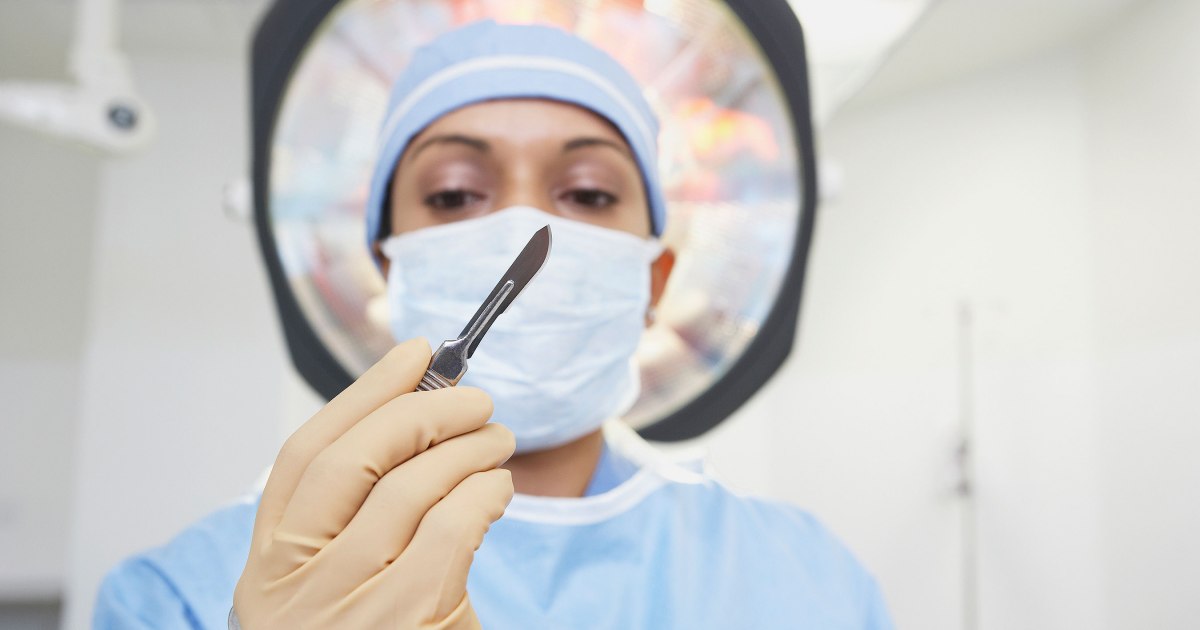How To Effectively Treat Lymphedema
Surgery

Surgery is typically only recommended when lymphedema is particularly severe. It's a last course of action if normal treatment methods won't work or have not proven effective. The procedure will generally involve the removal of excessive tissue in the affected leg or arm. This helps reduce the overall swelling. In addition, doctors might recommend newer techniques like a lymph node transplant, which can help restore the function of the lymphatic system and reduce swelling, even if it doesn't completely cure lymphedema. Patients can speak with their doctor about the risks and treatment benefits of potential surgeries. Whether they'd be helpful will vary widely depending on patient health and other affecting circumstances.
Learn more about effectively managing lymphedema now.
Intermittent Pneumatic Compression Therapy
Intermittent pneumatic compression therapy is a method of therapy used to treat lymphedema with a medical device in order to enhance venous circulation in a patient's limbs. The medical device utilized in intermittent pneumatic compression therapy consists of components including inflatable auxiliary sleeves, boots, or gloves, and an air pump. Intermittent pneumatic compression therapy works by placing the limb that requires treatment into the inflatable boot or sleeve and connecting the air pump component to the sleeve with pressure lines. The pump forces air into the sleeve or boot, which pressurizes the patient's tissues contained within it. This pressurization compels any accumulated lymph or blood fluids out of the region under pressure. Time intervals are pre-set on the medical device according to physician directions. The machine follows these presets and reduces the pressure in the boot or sleeve after a certain period. This mechanism allows the blood and lymph to flow back into the limb freely. The process is then repeated several times to ensure the blood and lymph fluid does not settle and accumulate.
Discover more options for treating lymphedema now.
